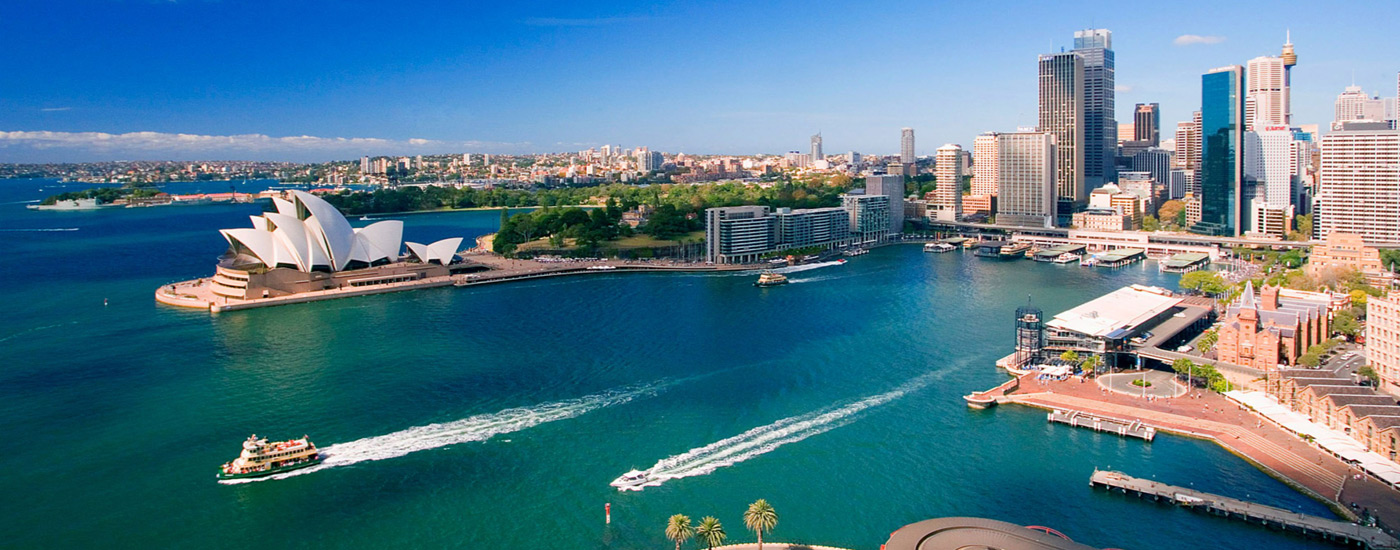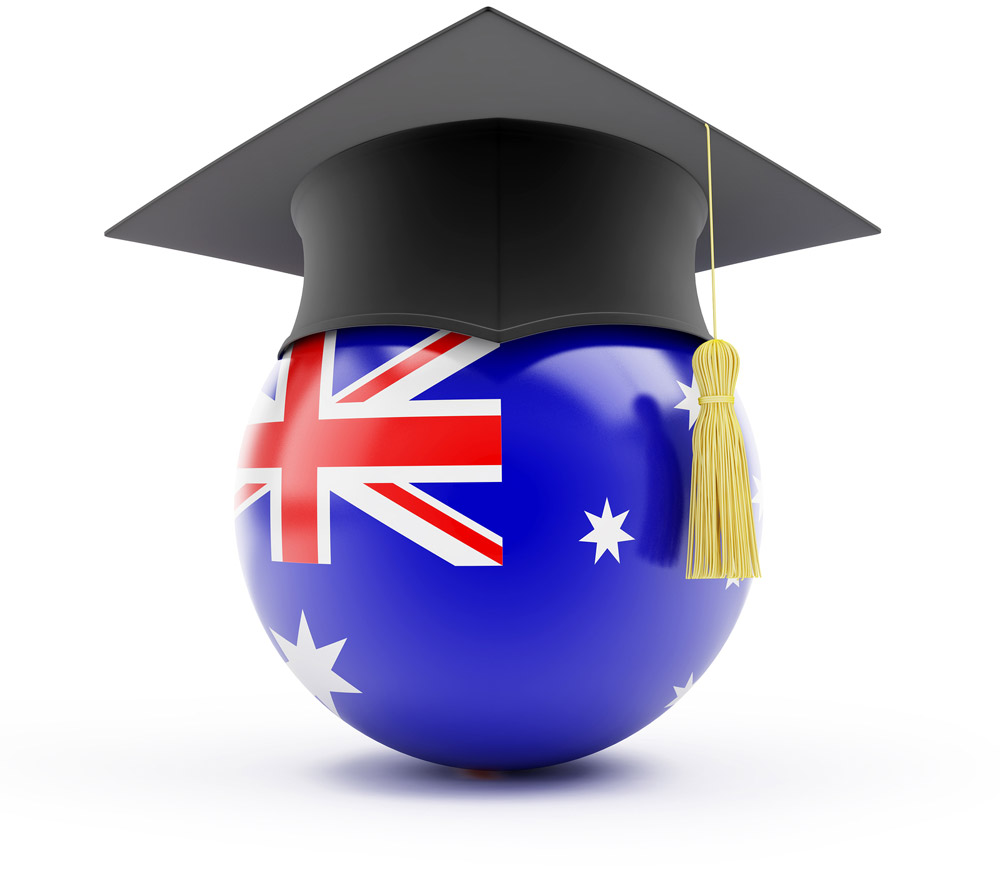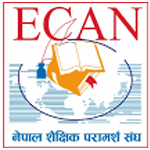
Why study in Australia?
Australia is rapidly becoming a popular study destination among students from around the world. Most students go to Australia to study in a vocational education and training system at university level.
The most popular fields are:
- Nursing, Early Child & Aged Care Education
- Accounting & Business Management
- Information Technology
- Tourism, Hospitality & Culinary Arts
- Engineering
Students these days are increasingly studying a wide range of disciplines at Australian institutions.
Australia is a safe, multicultural and internationally recognized environment for further education, innovative research and intensive culture. International recognition has positioned Australia as a leading provider of top quality education to international students from all over the world.
- Internationally recognized, world class education
- Thousands of stimulating study programs
- Well qualified staff
- Excellent international student support services
- Safe, friendly and politically stable country that welcomes international students
- Part time work permitted for international students
- Very high standard of living at an affordable cost
- Lower fees than most western countries
- Multicultural society
- Quality libraries
- Technologically advanced computer laboratories
Education System

- Key points:
- Australia education system is of the highest standard and enjoys international renown
- Schools develop students skills and confidence
- Australian university graduates excel at the cutting edge of research and innovation
- Vocational and technical education drives a thriving industrial sector.
- Australia is widely recognized as a world leader in the field of international education and English language training
After completing final year (Year 12) of secondary school, students head for their higher (Tertiary) education that awards degree for Bachelors, Masters and Doctoral studies. Mostly students from overseas come for education at this level. Tertiary education in Australia is administered by the Australian Qualification Framework (AQF), which aspires to integrate both vocational and higher education into a solitary classification of tertiary education.
For undergraduate degree, you can either enroll for a two-year Associate degree like Associate of Science (A.S.) or a four-year degree like Bachelor of Science (B.S.).
Achieving a Bachelors degree usually takes 3 to 4 years. To complete a Masters Degree takes 1 to 2 years. The Masters Degree follows after the Bachelors degree. It deals with more advanced subjects than a Bachelors degree and either includes research, coursework, or a mixture of the two. After having completed a Masters Degree, you are then qualified to take on a PhD program.
TAFE
Not only universities form the major part of the higher tertiary education, but also the Technical and Further Education colleges in Australia (TAFES) are accredited as higher education institutions. They provide a wide range of courses includes subjects such as hospitality, tourism, construction etc. TAFEs accredited Certificate, Diploma and Associated Degrees are awarded after having completed 1 to 2 years of study. Afterwards, the students are eligible to obtain further qualifications at the level of university.
Student Visa Process
Process to obtain Australian Student Visa for international students. Any person who intends to undertake full-time study in a registered course in Australia needs to obtain a Australian Student Visa. A Student Visa permits the holder to travel to, enter and remain in Australia for the duration of the registered course of study. Overseas students cannot undertake part-time study in Australia and must leave Australia on completion of their course of study.
Application
Students wishing to study in Australia should apply using form 157A and pay the current visa application charge.
Documentation to submit with your application:
- Four recent passport-sized photographs for each applicant.
- Completed 'details of relatives' form
- IELTS test results
Changes to the student visa regulations require varying evidence of funds dependent on the subclass of student visa applied for. Applicants should show funds and (income that support these funds) enough to cover, course fee, and living costs in Australia (AUD 12,000 pa) as well as amounts covering other family members. For details relating to the specific financial evidentiary requirements for each subclass www.immi.gov.au/students
- All original education documents including all mark sheets for degrees
- Affidavit of support from the person providing financial support
- For applicants below 18 years of age, details of arranged guardianship in Australia plus an affidavit from the student's parents agreeing to the guardianship arrangement
- Education loan (HECS) or bank statement from the person(s) providing support outlining transactions for the past 6 months
Processing Times
Student applicants should lodge applications no more than 3 months and at least 4 weeks before course commencement dates. Some applications take longer to process. Students may be asked to undertake further medicals and some delays may be experienced due to the need to verify bank or education documents. Nepalese applicants need to take into account the time taken for documents and letters to be sent and received by the Visa Office.






















